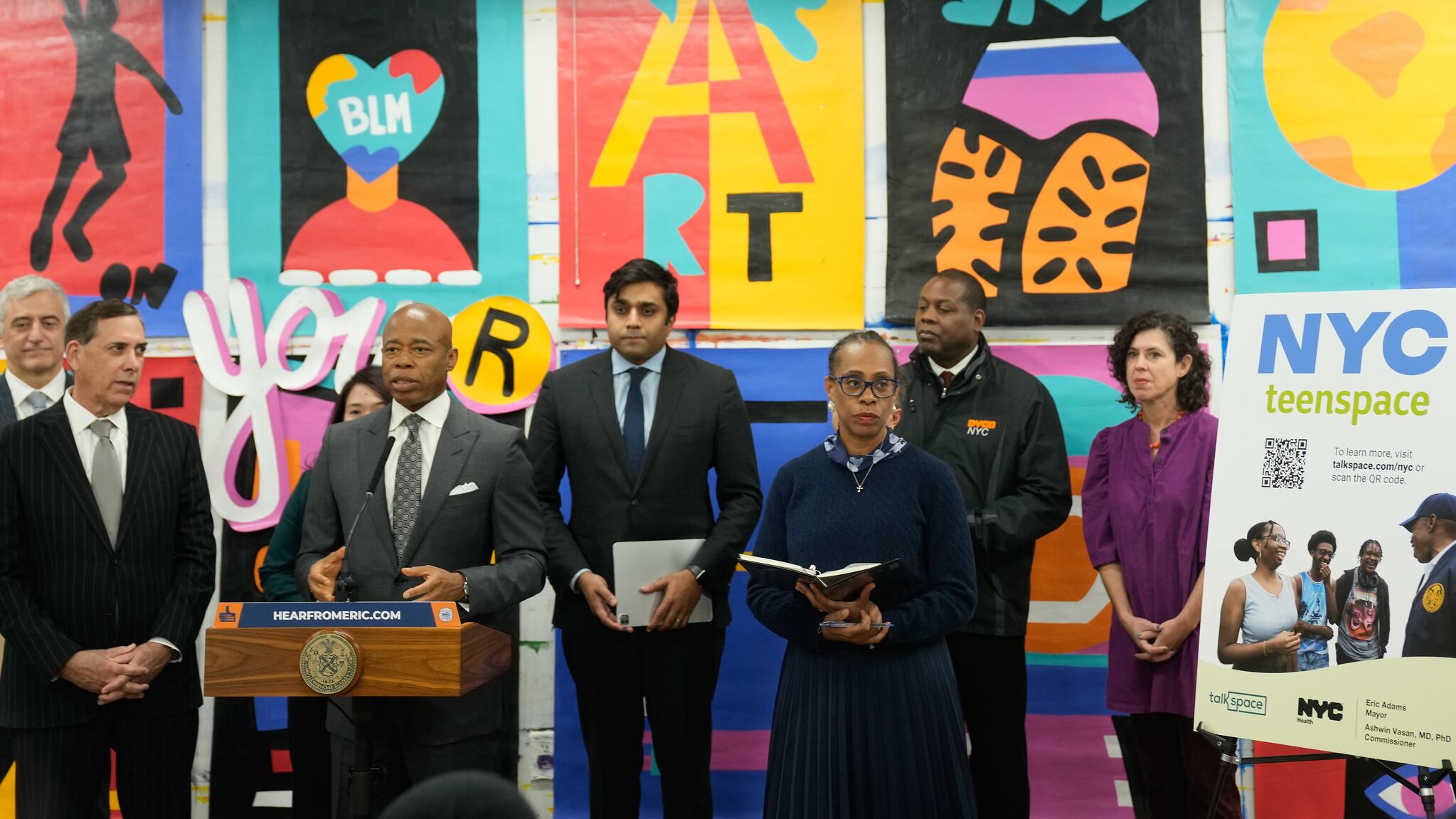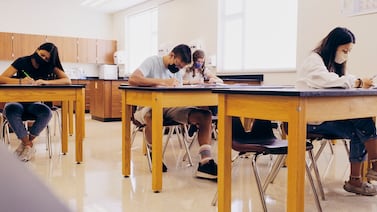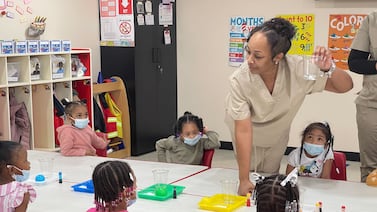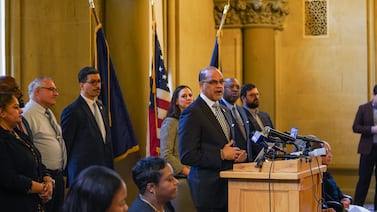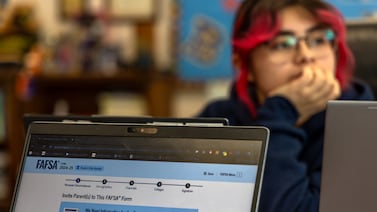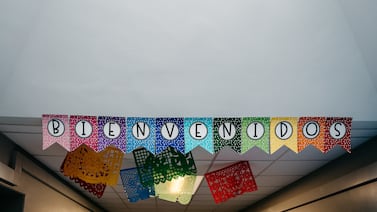New York City teens now have access to free online therapy through a city program that launched Wednesday, officials said.
City teens, ages 13-17, can text, call, or video chat with licensed therapists through the online platform Talkspace without providing payment, insurance information, or referrals, officials said.
The teen telehealth initiative, which Mayor Eric Adams has billed as the largest of its kind in the country, was months in the making. The idea was first announced in March as part of the city’s blueprint for addressing a surge in mental health challenges since the pandemic started.
Among the sobering statistics officials pointed to: The share of city students who reported suicidal ideation jumped to nearly 16% from about 12% over the past decade. About 9% of city high school students reported they attempted suicide during 2021, according to a Health Department survey.
“There’s something that has happened to the COVID babies and the COVID children that we are not going to ignore,” Adams said at a press conference Wednesday announcing the launch of the program.
“Our young people are on their telephone, they use the internet, they use social media,” he continued. “We have to really find ways of turning that device into a positive instead of trying to push back on the natural flow of how young people utilize their social media platforms.”
The contract with Talkspace will cost the city an estimated $26 million, Politico first reported.
Teens can register for the program, called NYC Teenspace, as of Wednesday. The sign-up page asks students for a birthday and address before going through a series of questions about their current mental health. Parental consent is required, according to the platform’s creators.
Besides talking with licensed therapists by text, phone, or video chat, students can also take self-guided courses. Texting is unlimited, but live sessions are limited to once a month, according to the company. A Health Department spokesperson said kids will see the same therapist for each session.
For kids in acute crisis, Teenspace providers will refer them to psychiatric care or an in–person counselor, officials said.
Become a Chalkbeat sponsor
Talkspace CEO Jon Cohen said texting has been particularly helpful.
“We have learned that when people face something stressful, messaging is a powerful tool at their fingertips,” he said.
Virtual therapy has become a popular tool at many educational institutions, but city officials have acknowledged that the evidence base for the practice is still thin.
City Health Department Commissioner Ashwin Vasan, who came up with the idea for the initiative, said he hopes it will evolve based on feedback from teens.
“I just want to talk to the young people for a moment,” he said during Wednesday’s press conference. “Your voice will help guide and shape this resource. If you use it, and you like it, tell your friends. If you use it, and you don’t like it, tell us. We’ll fix it.”
Dr. Jessica Chock-Goldman, a school social worker at Bard High School Early College in Manhattan, said there’s a severe shortage of therapists for city teens, especially those from low-income families without private health insurance. Any effort to expand access is a good idea, she said. But she noted that this service “can’t replace regular therapy,” given the infrequency of the video sessions.
Before she starts referring students, she wants more information, including how many of the therapists are Black and Latino.
Cohen said approximately 35% of Talkspace providers who will work with New York City students identify as BIPOC. Roughly 84% of New York City’s students are Black, Latino, Asian-American, Native American, or multiracial.
The Health Department didn’t provide a specific goal for how many students the agency hopes will participate. “We aim to provide services to as many teens as possible across the city,” a spokesperson said.
Officials from the health and education departments said schools will receive materials to help publicize the initiative.
Become a Chalkbeat sponsor
Chock-Goldman said she heard about the program for the first time Wednesday through the Education Department’s Instagram page.
“It’s great to have resources, but we just need new details about the new resources,” she said.
Michael Elsen-Rooney is a reporter for Chalkbeat New York, covering NYC public schools. Contact Michael at melsen-rooney@chalkbeat.org.


